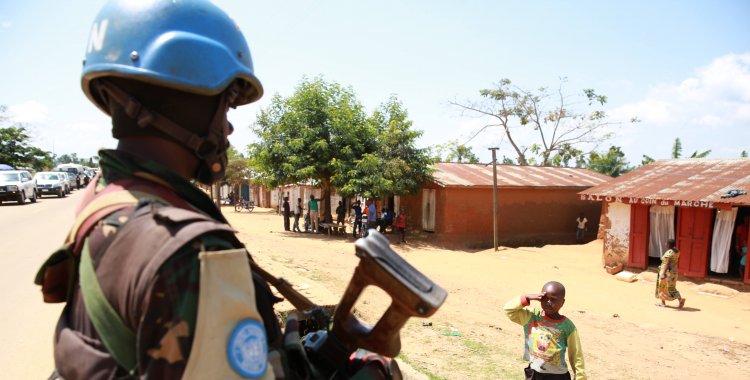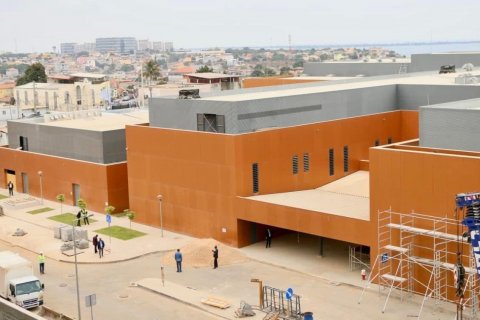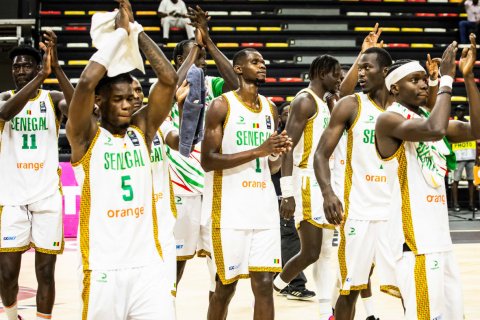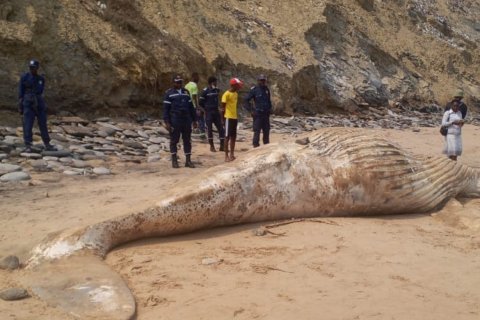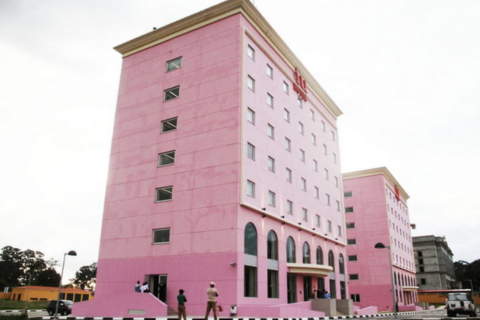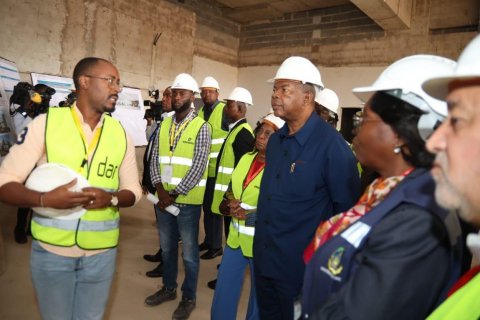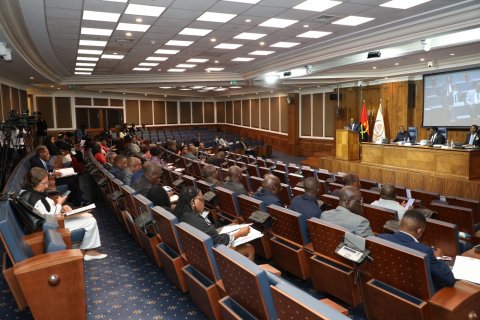The initiative is the result of recent visits that President João Lourenço, as mediator appointed by the African Union, made to Kigali and Kinshasa, just over a week ago.
During these visits, João Lourenço presented a proposal for a peace agreement to his counterparts from Rwanda, Paul Kagame, and from the DR Congo, Félix Tshisekedi.
The proposal was submitted to the parties with a view to reaching an understanding regarding a negotiated and peaceful solution to the conflict that is prevailing in the eastern region of the DR Congo, which worsened at the end of 2023.
In his speech on Saturday in the context of the transfer of the rotating presidency of the Southern African Development Community (SADC) from Angola to Zimbabwe, the President of the Republic reiterated the need for a definitive peace agreement between Rwanda and the DR Congo.
The head of state also considered that there is "political will" to resolve the conflict, but admitted that there is a stalemate in the demobilization of forces and announced steps to involve MONUSCO - the United Nations Stabilization Mission in the DR Congo - in this effort.
As part of the efforts to pacify the region, another ministerial meeting was held earlier, which culminated in a ceasefire agreement.
The meetings also resulted in the need to draw up a Plan for the Neutralization of the Democratic Forces for the Liberation of Rwanda (FDLR) and the adoption of confidence-building measures between the two parties and the Ad-hoc Verification Mechanism, an arbitration mechanism that includes experts from the intelligence services of the three countries.
The DR Congo accuses Rwanda of supporting the M23 rebel movement in order to seize mineral resources in the east of the country, while the armed group claims to be defending a threatened part of the Tutsi population living in the province of North Kivu.
The M23 is one of more than 100 armed groups active in eastern DR Congo, a region rich in gold and rare minerals essential to the world's largest technology companies.
The Congo River Alliance, a political-military movement that includes armed groups such as the M23, congratulated all those involved in seeking a peaceful resolution to the crisis in eastern Democratic Republic of Congo, following the announcement of a ceasefire between Rwanda and DR Congo mediated by Angola, but stressed that it is not "automatically bound by the conclusions of meetings to which it was not invited", calling for direct dialogue with the government in Kinshasa.

